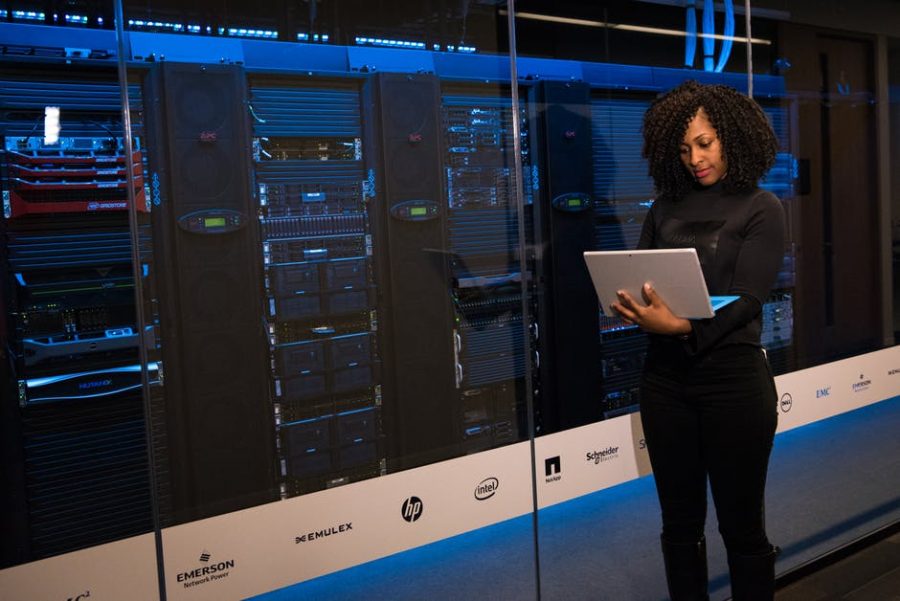
5 Things Every Small Business Owner Should Know Before Buying a Server
When you’re new to the field of servers, things can look quite intimidating. Add in being a small business owner with limited funds, and your options start looking a bit limited.
The truth is: buying a server doesn’t have to be this complex.
Keep on reading for the top five things you need to know as a small business owner before buying a server.
1. Buying a Server 101: How Are Your Drivers?
You can window-shop to your heart’s content. However, before making the decision of buying a specific server, you need to know for certain that the server will offer the necessary driver support.
For example, if you’re getting a server from major manufacturers like Dell or HP, then getting Windows drivers should be simple.
On the other hand, if you’re using Linux, then you’ll have to ensure that a Linux driver support is available before you purchase a server.
To prevent any technology-based heartache in the future, make sure that your server has drivers for your current —or intended— operating system.
2. Redundancy Is an Asset
Redundancy might sound like something to actively avoid, however, for servers, you should try to get as many redundant parts as possible.
Server redundancy is the availability of backup if —or rather, when— things fail. Redundant parts protect your server from having a single point of failure.
An example of redundant parts would be having two power supplies. If one fails, the other picks up the slack without the server ever going offline.
There are servers on the market that allows you to install sets of redundant memories or even extra slots that you can use to install spare memory modules.
In that case, the spare memory would automatically activate if memory failure happens.
3. Get Hot-Swappable Components
Basically, hot-swappable components save you the trouble of taking your server down for maintenance.
Unfortunately, not every server component is hot-swappable. You can’t swap out a CPU or a system board with the server running. But luckily, many servers support the use of hot-swappable hard drives, expansion modules, and power supplies.
Thus, try to get a server with hot-swappable components to streamline the maintenance process as much as possible.
4. Pick the Right Form Factor
Form factors are all about the size, shape, and packaging of the server.
For example, if you’re going for a rack mount server, then ensuring that there is sufficient space available in your rack is paramount.
The same thing goes for a blade server. You must make sure that there is enough space left in the server chassis.
However, if you’re tight on space, going for a colocation server hosting would be a winner. This way you can get extra rack slots for your servers whenever you want.
5. Choose One with Fault-Tolerant Memory
Getting support for your memory is invaluable.
Look for servers with fault-tolerant technologies like Error Correcting Code (ECC). These technologies work on dynamically correcting single-bit memory errors, as well as detecting double-bit errors.
Getting the Right Server for the Right Business
Servers can truly elevate the productivity and efficiency of a business. In addition, when it’s a small business, it can turbocharge its model to new unknown heights.
Now that you know the top five things essential for buying a server, you can make that decision with confidence.
However, the learning never ends for small business owners. There are always more avenues for improvement, so make sure to check out other posts for the latest business news and advice!
